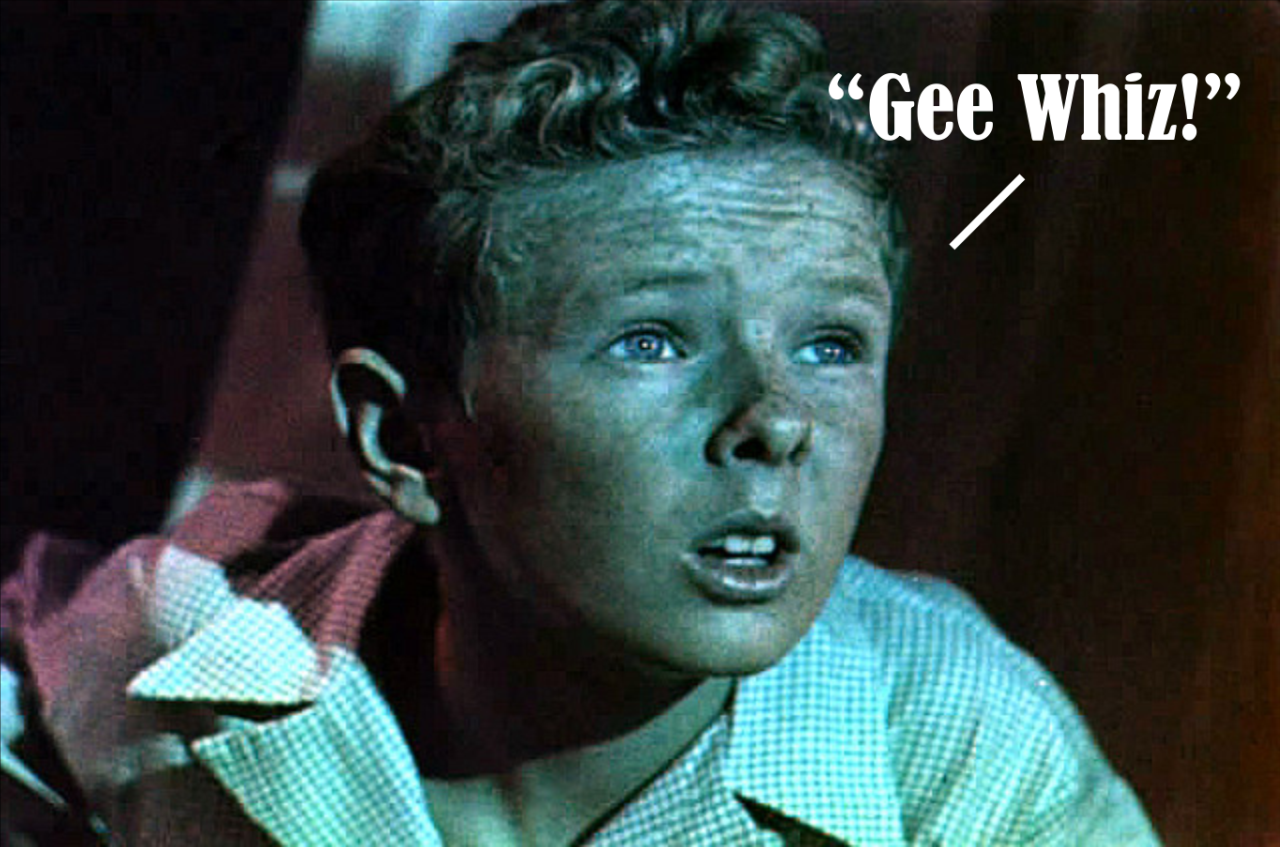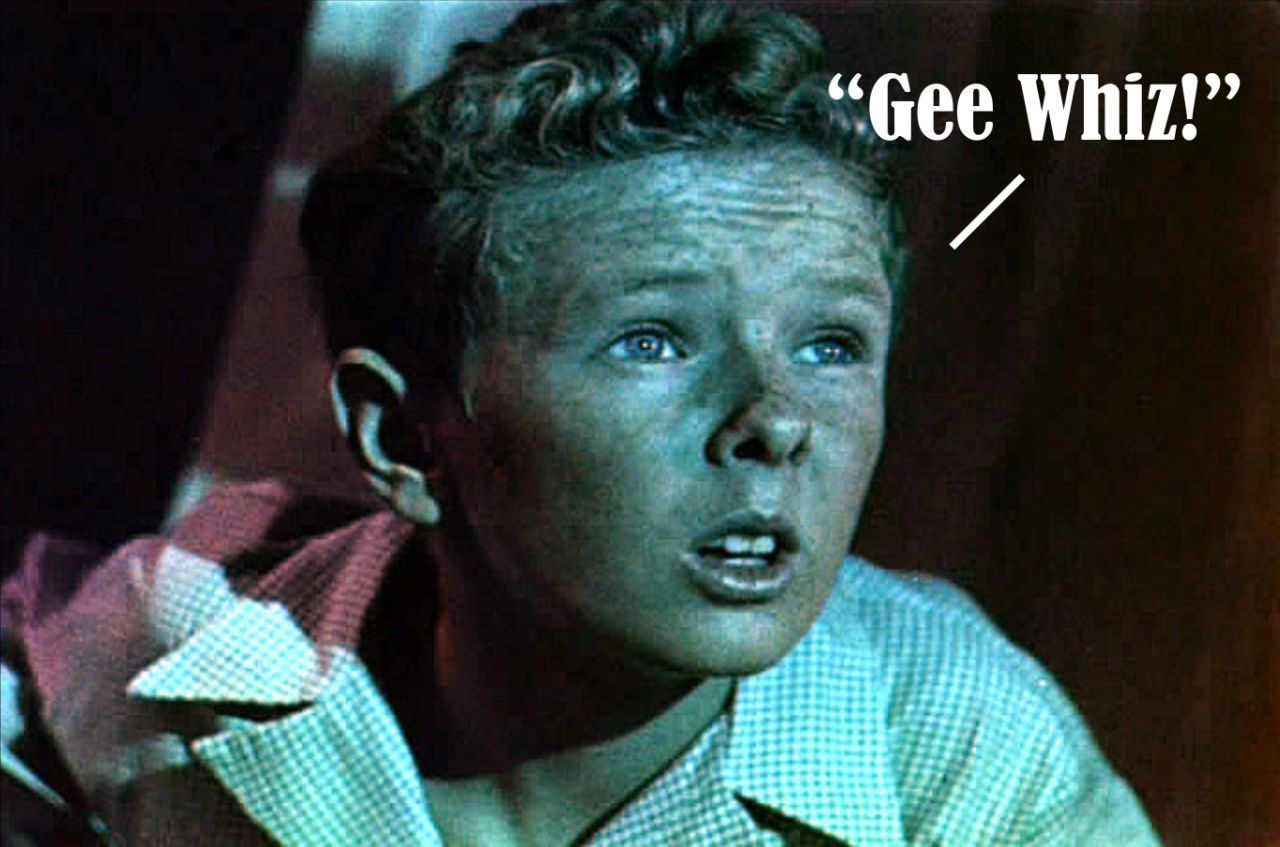Golly nyt, an enigmatic expression that has captivated generations, takes center stage in this exploration. Join us as we delve into its historical roots, linguistic intricacies, and stylistic nuances, uncovering the fascinating story behind this enduring term.
Cultural Significance
The term “golly” has a rich and complex history, reflecting the changing social and cultural landscape of the United States. It originated in the early 19th century as a minced oath, a euphemism for “by God.” Over time, it evolved into a more general expression of surprise or excitement, particularly among children.
In the mid-20th century, “golly” became associated with the “gee whiz” generation, a group of young people who were seen as naive and innocent. This association led to a decline in the term’s popularity among adults, who began to view it as childish and outdated.
Social and Political Movements
The civil rights movement of the 1950s and 1960s had a significant impact on the usage of “golly.” As African Americans fought for equality, they began to challenge the use of racially insensitive language, including terms like “golly” and “gosh.”
In the years since the civil rights movement, “golly” has continued to decline in popularity. It is now rarely used by adults, and its use among children is also decreasing.
Linguistic Analysis
The word “golly” is an interjection that expresses surprise, delight, or mild annoyance. It is a versatile word that can be used in a variety of contexts, and its meaning can vary depending on the tone of voice and context in which it is used.
Grammatical Category, Golly nyt
Grammatically, “golly” is an interjection. Interjections are words or phrases that express strong emotions or reactions, and they are typically used independently of other words in a sentence. “Golly” can be used as a stand-alone exclamation, or it can be used in conjunction with other words or phrases.
Etymology
The etymology of “golly” is uncertain, but it is thought to be derived from the word “God.” In the 18th century, “golly” was used as a euphemism for “God” or “Jesus Christ,” and it was often used in exclamations of surprise or delight.
Over time, “golly” lost its religious connotations and became a more general-purpose interjection.
Variations
There are several variations of “golly,” including “golly gosh,” “golly gee,” and “golly whiz.” These variations are all used to express similar emotions, but they may have slightly different connotations. For example, “golly gosh” is often used to express surprise or delight, while “golly gee” is often used to express mild annoyance.
Semantic and Pragmatic Functions
The semantic and pragmatic functions of “golly” can vary depending on the context in which it is used. In general, “golly” is used to express surprise, delight, or mild annoyance. However, the specific meaning of “golly” can be influenced by the tone of voice and the context in which it is used.
- Surprise:“Golly, I can’t believe you’re here!”
- Delight:“Golly, this is delicious!”
- Mild annoyance:“Golly, I can’t believe I lost my keys again!”
In addition to its semantic and pragmatic functions, “golly” can also be used as a filler word. Filler words are words or phrases that are used to fill pauses in speech. “Golly” is often used as a filler word when someone is trying to think of what to say next.
Usage and Style

The interjection “golly” is a versatile term employed in diverse communication settings. Its usage ranges from expressing mild surprise or excitement to conveying a sense of playfulness or innocence.
Formal and Informal Contexts
In formal contexts, “golly” is generally considered inappropriate due to its informal nature. However, it may be occasionally used in informal writing, such as personal letters or emails, to add a touch of warmth or humor.
Conversational Speech
In conversational speech, “golly” is commonly employed as an exclamation to express surprise, delight, or disbelief. It is often used in a lighthearted or playful manner, conveying a sense of enthusiasm or amusement.
Impact on Tone and Audience Perception
The use of “golly” can significantly impact the tone and register of a communication. In formal settings, its usage may be perceived as unprofessional or disrespectful. Conversely, in informal contexts, it can create a friendly and approachable tone, fostering a sense of camaraderie.
Regional Variations
The usage of “golly” varies across different regions. In some areas, it is considered a common and acceptable expression, while in others, it may be perceived as outdated or even offensive.
Ultimate Conclusion: Golly Nyt
Through our examination, we have discovered that golly nyt is not merely a word; it is a reflection of cultural shifts, linguistic evolution, and the power of language to shape our communication. Its enduring presence in our lexicon is a testament to its versatility and the enduring fascination it holds.
FAQ Section
What is the etymology of “golly”?
The term “golly” is believed to have originated from the Middle English exclamation “golly gee,” which was used to express surprise or astonishment.
How has the usage of “golly” changed over time?
Initially used as a mild oath, “golly” gradually evolved into a more general exclamation expressing surprise, delight, or dismay. In recent decades, its usage has declined somewhat, but it remains a recognizable and nostalgic term.
What are some common stylistic choices associated with “golly”?
“Golly” is often used in informal settings and can convey a sense of innocence, playfulness, or even irony. It is frequently employed in children’s literature and nostalgic contexts.

